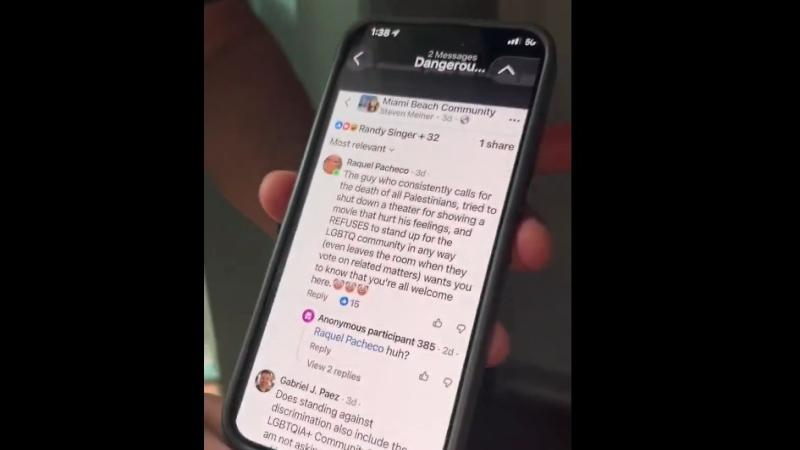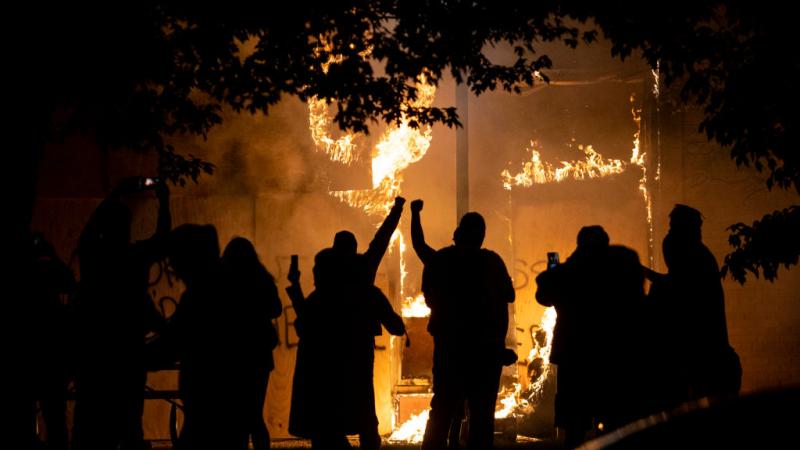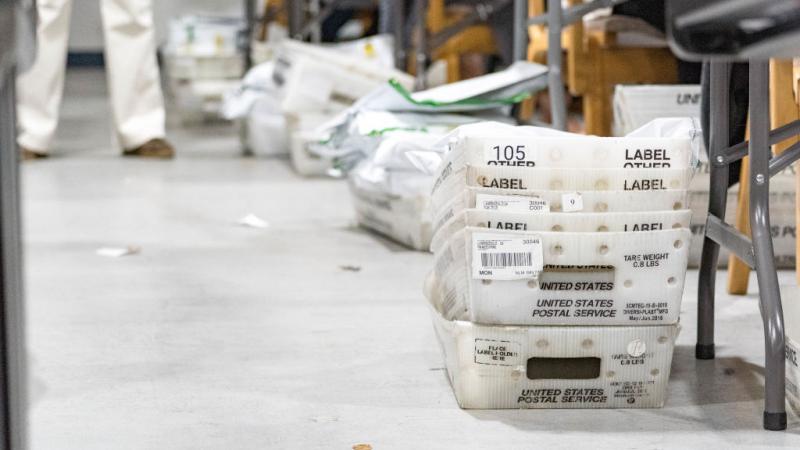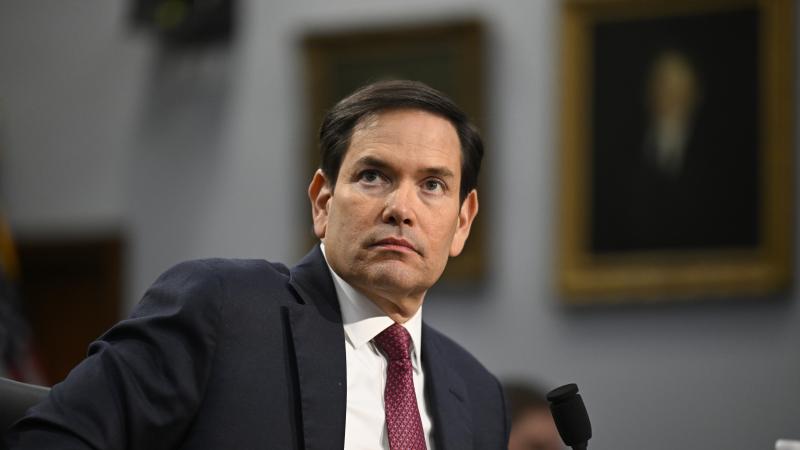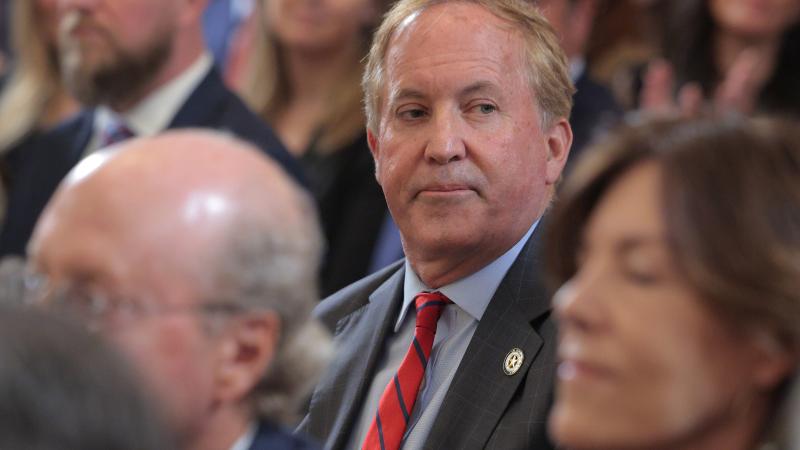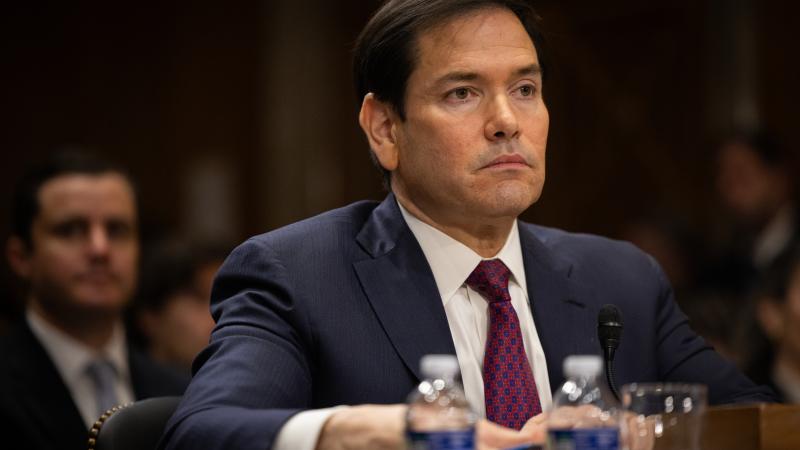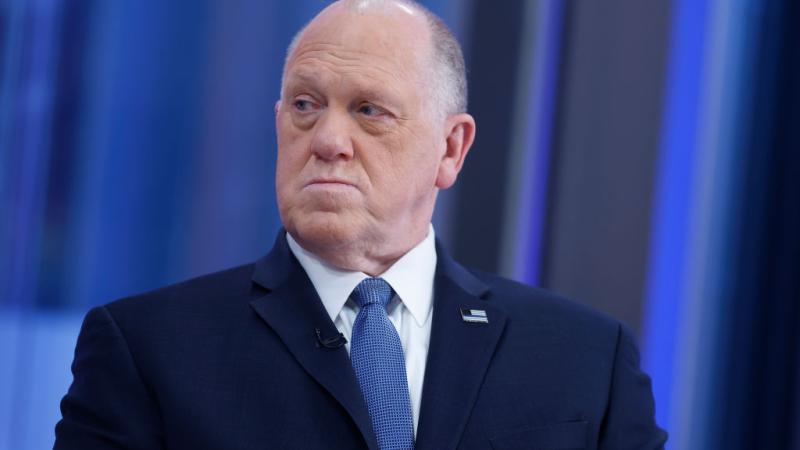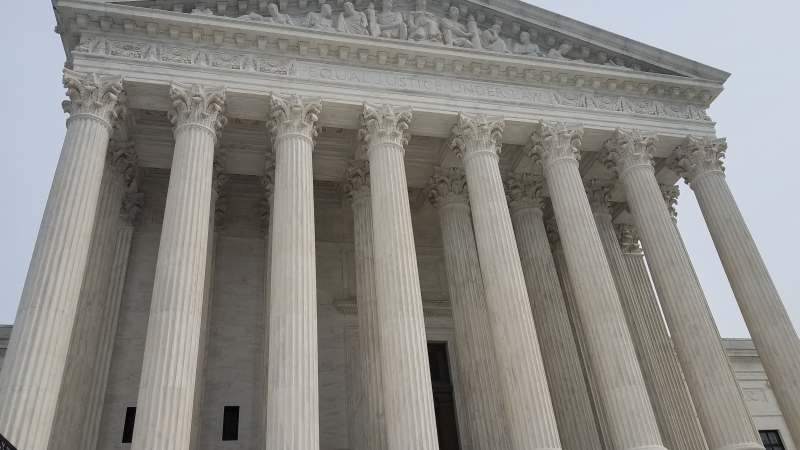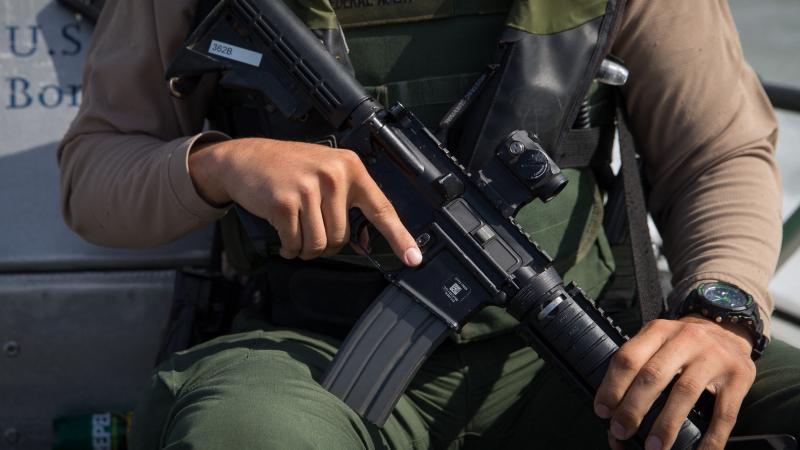Christian satirists sue Hawaii for criminalizing 'deceptive' election memes, after Calif. and Minn.
California laws targeted by Babylon Bee, Rumble, parodists and Elon Musk's X, blocked prior to Election Day, limp along in court as motions for summary judgment filed. Survey finds registered voters wary of regulation.
California's civil law AB 2839 against "materially deceptive" political content four months before elections, including memes and parodies of elected officials, didn't even last a month after satirists sued the Golden State in the final weeks of the 2024 campaign, with one federal judge blocking it and state Attorney General Rob Bonta promising another not to enforce it.
But Hawaii beat California to the punch with its own law (S 2687) that criminalizes "recklessly" distributing "materially deceptive media" that could harm "the reputation or electoral prospects of a candidate" or change "voting behavior," applicable for nine months before every election, with exemptions for "disclaimers, broadcasters, and interactive computer services."
The conservative Christian satire website behind one of the California lawsuits and a Christian meme-sharing Honolulan critic of Democratic Gov. Josh Green, who is up for reelection next year, have now sued the Aloha State to block the law before it next takes effect.
"Both ‘Hawai’i’ and ‘Aloha’ are rooted in ‘-ha,’ the Hawaiian word for ‘breath of life,’" plaintiff Dawn O'Brien said in a statement by her lawyers at the Alliance Defending Freedom, also representing the satire site, The Babylon Bee, for a second time.
"It’s the very essence of our identity: to breathe and speak freely, to express our hearts with one another!" O'Brien said. She would face a $2,000 fine and a year in prison if she violates the law within five years of a first conviction, which carries a $1,000 fine and 30-day sentence.
The bill made it to Green with only a single "no" vote between the Hawaii House and Senate despite opposition from the Hawaii Office of the Public Defender and Hollywood's chief lobbying group, which unsuccessfully sought a "parody or satire" exception, the lawsuit says.
It gives Hawaii Attorney General Anne Lopez, the Campaign Spending Commission and O'Brien's prosecutor Steven Alm "unbridled discretion to evaluate" the plaintiffs' speech under "unconstitutionally vague phrases" and discriminate against it based on content, it says.
'No penalty for erring on the side of too much censorship'
The fear that so-called deepfakes could dupe voters in an election in which "democracy is at stake" – then-GOP presidential nominee Donald Trump shared one implying then-Democratic nominee Kamala Harris was addressing a communist rally at the Democratic National Convention – has prompted legislation in deep-blue states.
California Democratic Gov. Gavin Newsom explicitly promised to ban them after Trump surrogate Elon Musk shared an "altered" Harris campaign ad, with Musk responding that "Professor Suggon Deeznutz" told him "parody is legal in America."
U.S. District Judge John Mendez agreed in December to consolidate three cases against California's AB 2839 and the related AB 2655, which applies to "large online platform[s]," by the Bee and parodist Chris Kohls, Rumble and Musk's X. The plaintiffs and defendants filed motions for summary judgment on March 7, but they won't be heard in court until Aug. 5.
Colorado Democratic Gov. Jared Polis signed a law banning election-related deepfakes without disclaimers a year ago, but it's not clear whether it's been challenged in court. The Electronic Frontier Foundation and Liberty Justice Center told The Center Square last fall it might have constitutional problems even with news, satire and parody exceptions.
Musk's X sued Minnesota this spring for its own criminal ban on election-related deepfakes, calling it facially unconstitutional at both state and federal levels, preempted by Section 230 of the federal Communications Decency Act and "so vague and unintelligible that social media platforms cannot understand what the statute permits and what it prohibits."
Under the law's enforcement system, "platforms that keep up content presenting a close call" – such as a real user who created fake photos of Donald Trump's arrest – "under the statute run the risk of criminal penalties, but there is no penalty for erring on the side of too much censorship," the suit says.
Lawmakers may be getting ahead of constituents, with a new survey commissioned by the Foundation for Individual Rights and Expression finding that registered voters are more wary of regulating artificial intelligence in political messaging than such AI itself.
While 60% think sharing AI-generated content is more harmful to the electoral process than government regulation of such sharing, a plurality (47%) agrees that "Protecting free speech in politics is most important, even if that lets some deceptive content slip through" and 81% are concerned regulation would be "abused to suppress criticism of elected officials."
On the other hand, roughly three-in-four said the statement "It is more important to protect people from misinformation than it is to protect free speech" described their thoughts at least "a little" (13%), "somewhat (20%), "a lot" (18%) or "completely" (23%).
Morning Consult conducted the national poll of roughly 2,000 registered voters, with a margin of error of plus or minus 2%.
Hawaii bans making people 'laugh at their own gullibility'
The Hawaii law is breathtaking in its penalties for sharing memes and satirical images that simply risk harming a candidate's reputation or changing someone's voting behavior, the Bee-O'Brien suit says.
It "threatens jail time, fines, lawsuits, damages, injunctions, attorney’s fees, and even a ten-year disqualification from holding public office" for behavior that dates back to "ancient Rome" – imitating "original content" to make it "look absurd through various devices."
The whole point is to "criticize or mock an idea, event, or person for the purpose of correction and improvement," making audiences "do a double-take" so they "laugh at their own gullibility when they realize that they are really viewing satire or parody," the suit says.
One widely read Bee article "satirizes the Biden administration’s perceived prioritization of aid to Ukraine over aid to Hawaii after the tragic Maui fire" by showing a plane flying over the fire en route to Ukraine.
O'Brien has posted "digitally altered content" on social media related to "politics, elections, her Christian faith, and her work as Aloha Ambassador" to the Choose Love Movement in schools, including Bee articles, a newsroom full of clowns and Trump dressed as a Tongan.
She plans to post "Grok AI-generated images" of Green when S 2687 takes effect again in February 2026, including the incumbent holding signs that read "free speech is canceled" and "parody and satire require labels," according to the suit. They convey her opinion that Green's COVID-19 policies were "Draconian" and his actions are "hostile to free speech."
The disclaimer exemption requires creators to "incorporate Hawaii’s desired messages into their content," hence "alerting the viewer" to the satire or parody "and thereby depriving the expression of its rhetorical force," the suit says. It shows four examples in which the disclaimer covers at least half of the image.
Because social media platforms require users to follow applicable laws, the Bee and O'Brien also risk being deplatformed under terms of services, the suit says.
The Facts Inside Our Reporter's Notebook
Videos
Links
- AB 2839
- satirists sued the Golden State
- one federal judge blocking it
- Attorney General Rob Bonta promising another
- S 2687
- sued The Aloha State to block the law
- Alliance Defending Freedom
- "democracy is at stake"
- Kamala Harris was addressing a communist rally
- Gavin Newsom explicitly promised to ban them
- Musk responding
- consolidate three cases
- AB 2655
- Rumble
- plaintiffs and defendants filed motions for summary judgment
- Jared Polis signed a law banning
- The Center Square
- Musk's X sued Minnesota
- real user who created fake photos of Donald Trump's arrest
- Foundation for Individual Rights and Expression
- national poll of roughly 2,000 registered voters
- One widely read Bee article
- Choose Love Movement
